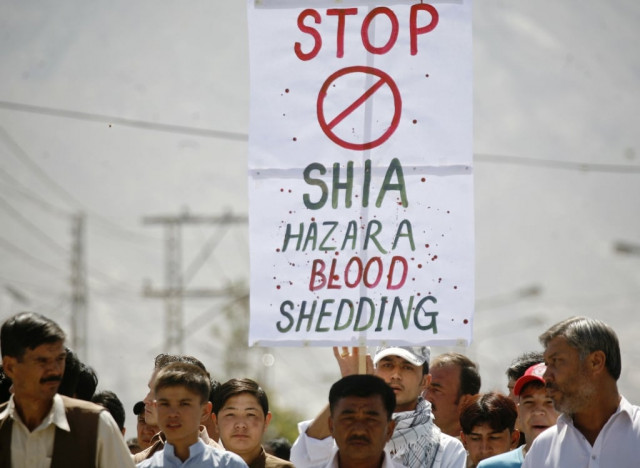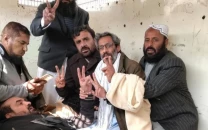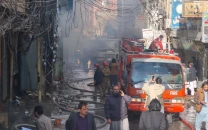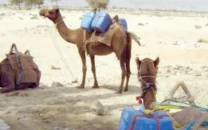A very ugly reality
The HRCP also blamed school syllabi for spreading sectarian hatred and hatred of other faiths.

The HRCP has warned that civil war is now a possibility, the grim end-result of the widespread sectarian violence and it is a warning to be heeded. PHOTO: REUTERS/FILE
The other parallel with the dark history of European countries is more recent than World War II — and it is the Balkan wars of the 1990’s that gave rise to the term ‘ethnic cleansing’. It is not difficult to see the similarities between what happened in Serbia and Croatia and what is happening in Balochistan today. People being driven from their homes, lives and livelihoods destroyed. It is happening to rich and poor alike, educated and illiterate it makes no difference. Their ‘crime’ is that they are simply different, minorities, in a province that turns a blind eye to their plight. The HRCP has warned that civil war is now a possibility, the grim end-result of the widespread sectarian violence and it is a warning to be heeded. The HRCP also blamed school syllabi for spreading sectarian hatred and hatred of other faiths, and the extremist mindset is pervasive among teachers and their students of every age. Minorities of faith and sect are safe nowhere in Pakistan. Although the example of Balochistan is probably the most alarming case of minority persecution, it is to be found in every province of the land. Christians, Hindus, Ahmedis and Buddhists are all leaving the country when they can, and religious persecution is a dark strain on the national escutcheon.
Published in The Express Tribune, April 18th, 2014.
Like Opinion & Editorial on Facebook, follow @ETOpEd on Twitter to receive all updates on all our daily pieces.



















COMMENTS
Comments are moderated and generally will be posted if they are on-topic and not abusive.
For more information, please see our Comments FAQ